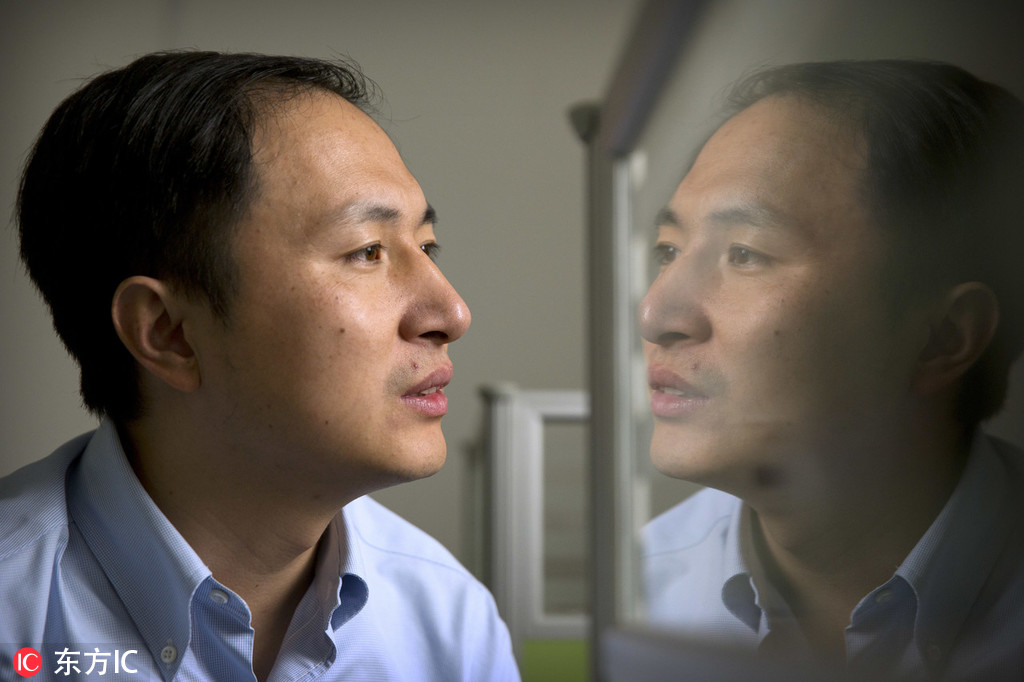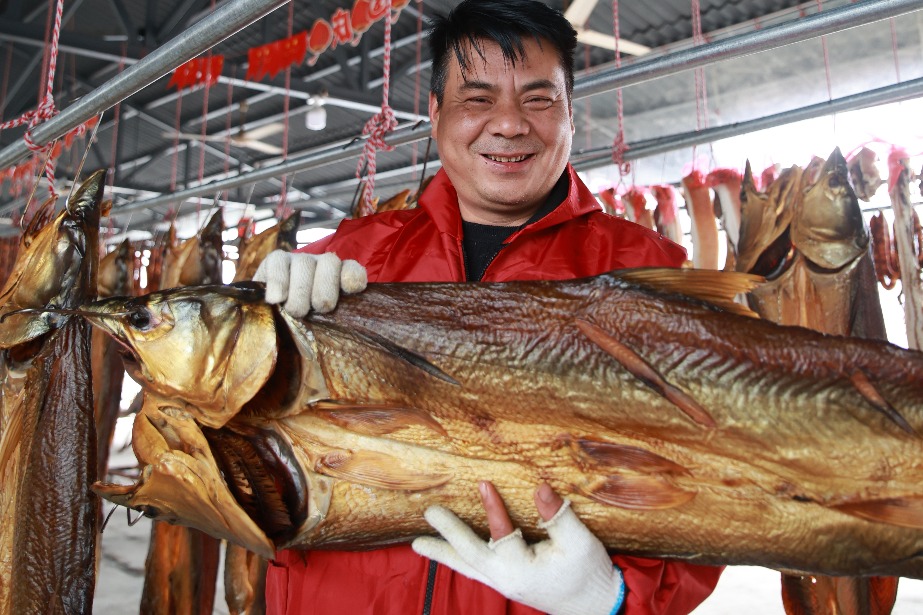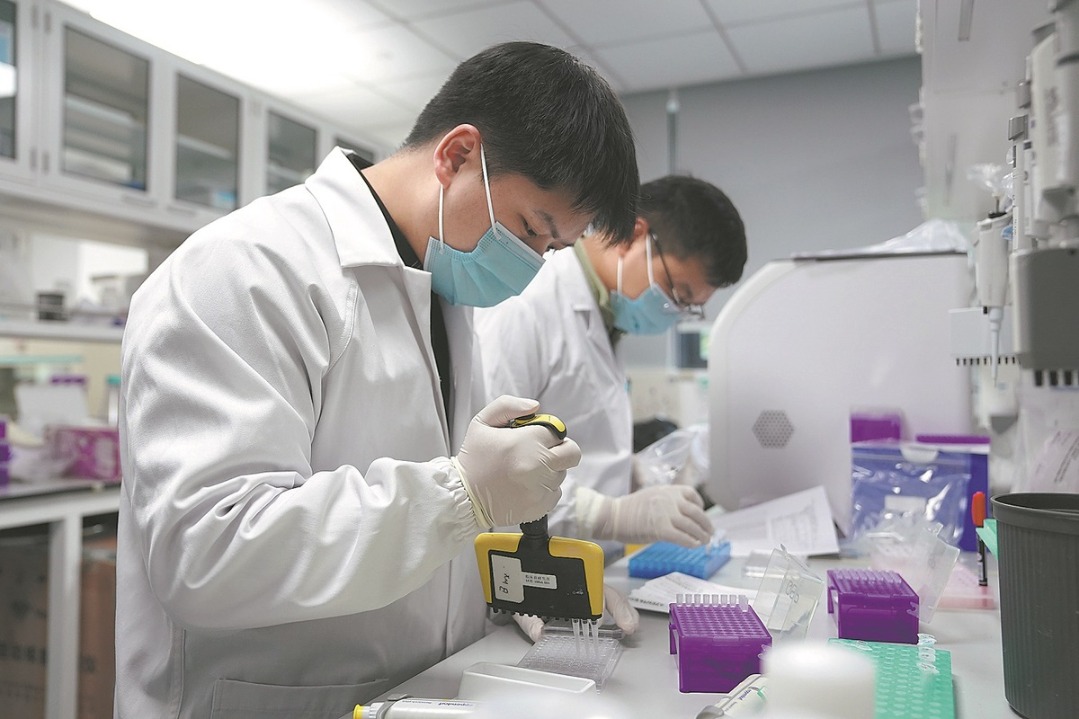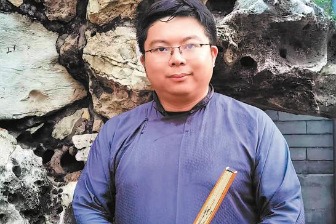Scientists react to gene-edited babies claim


Scientists from Hong Kong, the UK and Australia hold different views on the first gene-edited babies claimed by He Jiankui, a Chinese researcher. Some worry about the potential risks gene editing brings, while others think the benefits to families with genetic diseases should not be neglected.
The Associated Press reported on Monday that He claimed to have altered the DNA of the twin girls born this month with the goal to make them resistant to potential HIV infection.
He made the claim a day ahead of the Second International Summit on Human Genome Editing, a three-day conference to kick off Tuesday in Hong Kong. He is scheduled to elaborate on his research at the meeting.
Some scientists who will attend the summit think it could induce serious problems with the human immune system. Other think people should not be frightened, because if the test is true and successful, it would not affect the core genome, and families of HIV patients could benefit from it.
Tsui Lap-chee, president of the Academy of Sciences of Hong Kong, said a lot of issues may occur concerning gene editing. If one gene is edited, it will affect others that interact with it. And the whole genome, a collection of genes, may also be affected.
"As genes play the role on immune system, if you take away a certain gene, maybe the immune system is compromised," said Robin Lovell-Badge, group leader and head of the Division of Stem Cell Biology and Developmental Genetics at the Francis Crick Institute.
Though people are immune to certain disease, say having the ability to resist the AIDS virus, there are perhaps other diseases that people are more susceptible to, Lovell-Badge said.
Patrick Tam Ping-leung, deputy director and head of the Embryology Unit of the Children's Medical Research Institute at the University of Sydney, said people need to carefully examine He’s report to see if he has edited the gene (Q: or should this be 'genes' ?) in a precise way that did not touch other genes. It's also necessary to review if there are any side effects, he said.
"Gene editing is not something to be scared about," Lovell-Badge said. There are a lot of individuals who naturally carry the mutation in the CCR5 genes, he added.
"As far as I understand, He is mimicking the exact same mutation for the resistance to HIV," Lovell-Badge said.
Lovell-Badge said he doesn't think the editing will affect the human core genome. And for side effects, they may not be very serious as there are millions of people having the exact same mutation who are healthy.
"So gene editing is something we need to think deeply about, what should be committed to and what should not," he said. "How to regulate the work really matters," he said.
- Lantern Festival lights bring the Dunhuang grottoes to life
- China's 2026 Spring Festival travel rush to begin
- Knocking on the stone-framed door
- Shanghai Science and Technology Museum to reopen soon
- Shanghai celebrates Spring Festival with intl students
- Pegasus fondant artwork ushers in Year of the Horse in Shanghai




































